What are DevOps Tools?
Certain tools are better at facilitating DevOps practices and methodologies than others. In many cases, they’re designed to streamline the collaboration between development and IT operations teams, enabling faster and more reliable software delivery. Because of the various stages of the DevOps pipeline, “DevOps tools” often refer to a set of multiple systems used together rather than a list of individual tools. Numerous products have entered this 8-step framework, bringing their unique expertise to specific areas. Others have become more widespread pieces of the ecosystem, influencing more than one segment of this framework as part of the more extensive application lifecycle management.
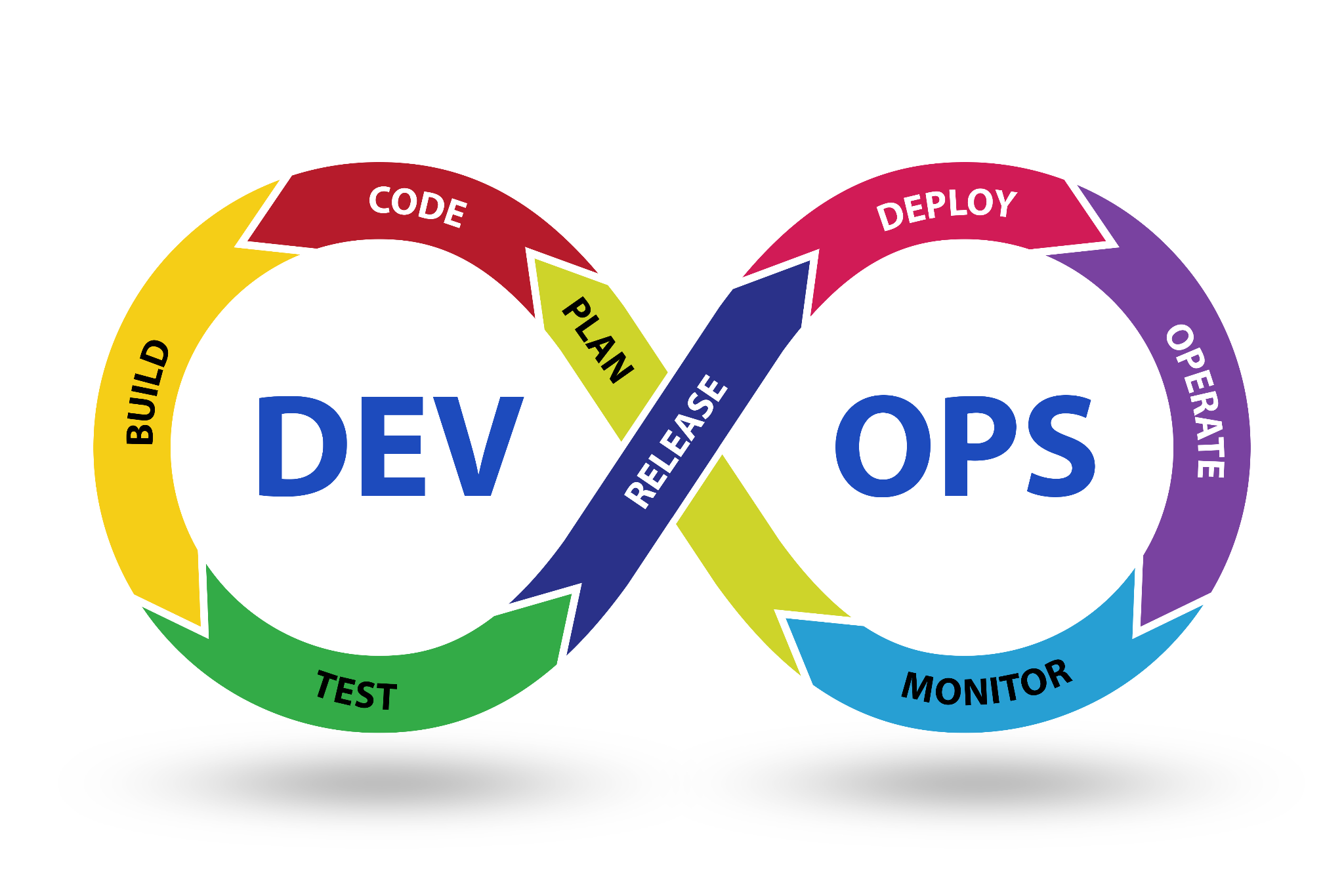
How to Choose the Best DevOps Tool
Delivering on the DevOps principle of customer-centric action and code resilience requires the right choice of tool. These augment productivity, increase transparency, reduce the time for your products & services to go to market, and improve the KPIs contributing to the value-generation process. The following factors should be considered while choosing the best DevOps tool set:
- Integration with other tools
- Robust API support
- Cross-platform support
- Automation of different processes of software development
- Customizations offered
- Easy to use and manage with a central dashboard
- Performance
- Price
- Support for continuous integration and continuous delivery
- Cloud support
- Easy and real-time collaboration features
- Bug detection and bug fixing capabilities
- Monitoring and analytics features
- Customer support
Here are our top picks of tools for each DevOps stage (keep reading below for more information on each):
| DevOps DevOps Stage | Potential Tools | Honorable Mentions |
| Plan | Asana, SpiraPlan, Jira, ProofHub | Smartsheet, Airtable, ClickUp, Monday.com |
| Code | GitLab, GitHub, BitBucket, TaraVault | IntelliJ, Microsoft Visual Studio |
| Build | Jenkins, CircleCI, TeamCity | Bamboo, SonarQube, GitLab, Codeship |
| Test | SpiraTest, JUnit, Rapise, Ranorex | JMeter, Selenium, BrowserStack, Tosca, TestSuite |
| Release | Jenkins, CircleCI, PyCharm | GitLab, BitRise, AWS Cloud Formation, BitBucket, CircleCI, Artifactory |
| Deploy | Docker, Kubernetes, AWS | Mesos, Harness, Flagsmith |
| Operate | Puppet, Ansible, Chef | GitHub, GitLab |
| Monitor | New Relic, Splunk, DataDog | Nagios, GitHub, GitLab |
DevOps Planning Tools (Stage 1)
This first stage defines the project scope, sets goals, and outlines tasks required for development. Tools used at this stage should have solid project management capabilities like task tracking, collaboration, and backlog management.
1. Asana
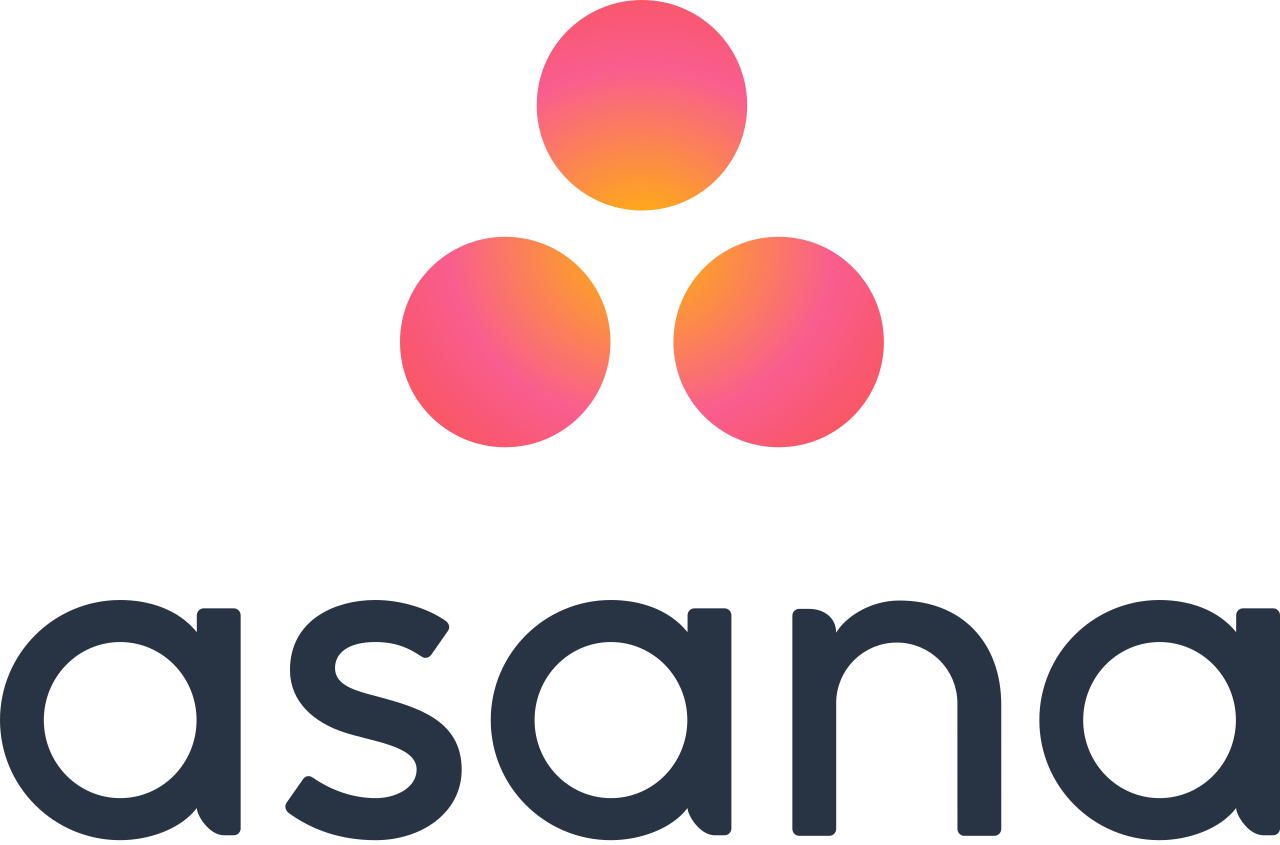
Asana is available on desktop and mobile platforms and is a good tool for managing a list of tasks within a project sharing tasks, deadlines, and notes. It integrates easily with many other tools in the DevOps process and outside — including but not limited to Atlassian tools, Google products, GitLab, GitHub, and Trello. The tool specializes in helping teams effectively manage and track their projects day by day through an efficient dashboard and organized project groups. It also integrates with your email, allowing users to create and assign tasks from messages sent outside the platform. Such features allow the centralization of all team communication, even from outside programs or teams.
Pricing: Smaller teams are recommended standard Asana (free) while large teams would work better with Asana Premium ($10.99 per user, per month, billed annually) or Asana Business ($24.99 per user, per month, billed annually).
2. SpiraPlan

SpiraPlan is our program planning and management platform with an integrated application lifecycle management functionality to plan for and manage projects, programs, risks, and portfolios. SpiraPlan helps manage your tasks, issues, code, templates, baselines, and workflows with high confidence and reliability using planning boards that support Agile, Kanban, Scrum, and Waterfall methodologies. SpiraPlan is framework agnostic and supports plan-driven and adaptive approaches. It also enables you to track progress against the planned work with powerful dashboards and real-time, portfolio-level reporting.
SpiraPlan is available both on-premise (air-gapped) and cloud versions and can be evaluated with a 30-day trial.
3. Jira

Atlassian’s JIRA specializes in tracking your project and the statuses of different issues. One of its best features is that it easily integrates with Atlassian’s products, such as Bitbucket, which allows for a completely centralized DevOps process and a smooth transition between steps. However, JIRA has become more fragmented over time and Atlassian has ended support for certain products.
Pricing: JIRA costs $7 per user per month on their standard plan and $14 per user per month for their premium plan.
4. ProofHub

ProofHub is a project management tool that helps teams collaborate. It’s used by marketing teams, construction teams, and racing teams to keep track of their daily tasks. The tool can be integrated with third-party applications like Google Drive, FreshBooks, DropBox, etc.
ProofHub allows teams to manage tasks, facilitate discussions and conversations, get a bird's eye view of projects, and ensure everyone meets deadlines. The tool is simple to use and has a short learning curve. It’s also a highly scalable solution for coordinating project activities, whether you have a team of 10, 50, or 500 project team members. Managers can use it to oversee a wide range of project tasks while maintaining complete control over project communication.
DevOps Coding Tools (Stage 2)
Moving to the coding phase, developers write, manage, and collaborate on source code. Version control systems are crucial here, as they allow multiple developers to work on the same codebase simultaneously, track changes, manage code branches, and handle code merging.
5. GitHub

GitHub is a code hosting tool that allows for easy collaboration within the DevOps process. In addition to the distributed version control, branched code history, and source code management (SCM) functionalities that it shares with Git, GitHub also includes collaborative coding between team members facilitating automation, continuous integration (CI), and continuous delivery (CD). Rapid iterations to the code will send off notifications to all developers involved, alerting them of changes. And with its branched history functionalities, code can be quickly restored if an error occurs.
Pricing: GitHub starts free for individuals but for advanced team collaboration, $40 per user/year will be required.
6. GitLab

GitLab is a special tool on our list because the platform includes functionalities for every step of the DevOps process. From Planning and Coding to Testing and Monitoring, it allows users to stay on one platform and not struggle to find tools that integrate with each other. GitLab also has built-in automated security and code vulnerability management that allows for a steady pace of your DevOps process and a secure project at the same time.
Pricing: For teams, we recommend GitLab Premium ($19 per user/month) but for company-wide work, we recommend GitLab Ultimate ($99 per user/month).
7. TaraVault

TaraVault is our enterprise-grade cloud-based source code management solution that is fully integrated with SpiraTeam and SpiraPlan. It provides you with the choice of Git and Subversion repositories. You can choose Git for distributed version control with powerful branching and merging capabilities, or Subversion when you need centralized versioning or support for large binary files and media assets. TaraVault's integration with the Spira platform helps you manage your source code repositories, link source code revisions, and ensure quality before you deploy — all in one ecosystem.
8. Bitbucket

Atlassian’s Bitbucket is a web-based hosting tool. It allows for easy integration with other Atlassian tools to complete the DevOps process. Code history and changes are saved and a code review system is present to allow for easy editing and reviewing of past code. Similar to GitHub, BitBucket has private repositories. A loved function by users is the built-in CI/CD functionality that allows users to build, test, and deploy all in one app.
Pricing: We recommend BitBucket Standard (starting at $3 per user/month) for basic teams and BitBucket Premium (starting at $6 per user/month) for teams looking for all the added functionality.
DevOps Build Tools (Stage 3)
The building stage involves compiling source code into executable files. Build automation tools speed up this process, resolve dependencies, and package software builds. Doing this improves consistency and efficiency, reducing the risk of errors.
9. Jenkins

Jenkins is an open-source tool that the DevOps community loves for its support in CI/CD. Even with its many features, Jenkins is easily set up and configurable and cleanly distributes work across multiple machines to keep confusion to a minimum. Their pipeline feature allows developers to have code automatically saved in the repository, fetch testing reports, and run project test cases. It’s supported by numerous plugins and comes with instant feedback that allows developers to quickly fix broken builds, easy customizability, and large integration options.
10. CircleCI

CircleCI is not an open-source tool but it enables rapid software development with its CI/CD capabilities across the phases of coding, testing, and deployment. It integrates with GitHub and BitBucket to create the software builds as soon as new code is committed to the repository. The continuous integration component can be on-premise or cloud-hosted. It features important functionalities like containerization, testing, debugging, automated parallelism, continuous and branch-specific deployment, notifications support, and automated merging.
Pricing: CircleCI offers 6,000 build minutes free per month and starts at $15 per month for its cloud performance plan.
11. TeamCity

TeamCity is a commercial tool from JetBrains. It runs on Java but integrates well with Visual Studio and works on both Windows and Linux platforms. It supports GitLab and Bitbucket, allowing parallel builds simultaneously on different environments. Its distinguishing features include cascading project settings from parent projects to subprojects and flexible user management.
Pricing: Its free plan includes 3 build agents with 100 build configurations. For additional build agents, TeamCity’s price starts at $299 with its enterprise plan starting at $1,999.
DevOps Testing Tools (Stage 4)
Testing is one of the most important stages of any software lifecycle — checking for bugs, performance issues, and compliance with requirements (or laws). Automated testing tools improve the speed, accuracy, and coverage of tests so teams can surface and address issues early.
12. SpiraTest

SpiraTest is a QA and test management platform meant for end-to-end software testing. It includes a robust set of building test cases, linking existing modular test cases as test steps, packaging test cases as test sets for scenario testing, customizable parameters for test steps at test cases and test set levels, runtime configurations of test sets, exploratory testing, and support for automation.
SpiraTest is available both on-premise and cloud versions and can be evaluated with a 30-day trial.
13. JUnit

JUnit is an open-source testing tool that allows for the running of repeatable tests. The testing framework supports various test annotations for unit test cases to be developed more easily. Like many other tools on this list, its many integrations make it easy to mesh with the rest of your DevOps process.
14. Rapise
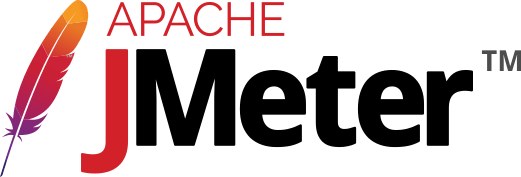
Rapise is a test automation suite for web, mobile, desktop, and APIs. It doesn’t just test, but helps manage tests spanning multiple technologies at once. Using Rapise, anyone can automate. Its record-and-play functionality, easy-to-use spreadsheet-based editor, and advanced JavaScript-based engine allow scriptless automation support for the novices while more advanced, flexible, and extensible test framework and APIs cater to experts and more experienced users.
Rapise supports HTML5 controls, multiple browsers, Ajax frameworks, and hybrid web pages with Java applets as well as popular packages such as Microsoft Dynamics 365. It supports iOS and Android mobile platforms along with simulated devices via Appium. On desktop, Rapise supports Windows, Java Swing, and packaged applications such as Microsoft Dynamics AX and NAV, Oracle Fusion ERP, and SAP.
15. Ranorex

Ranorex is an automated testing tool that can test both real devices and simulators. Ranorex easily integrates with various tools, from test management (TestRail, SpiraTest, SpiraTeam, etc.) to version control (Git, Subversion, etc.) to Issue & Defect Management (JIRA, Bugzilla, etc.).
Pricing: Ranorex starts with its perpetual studio license at $3,950 binding the license to one physical machine. For virtual machines, the enterprise license starting at $6,590 is recommended.
DevOps Release Tools (Stage 5)
This stage involves preparing applications for deployment to production. The tools used here are essential for software to be deployed smoothly and consistently, with minimal downtime or disruption to users.
16. PyCharm

PyCharm is developed by JetBrains as an integrated development environment (IDE) for Python. It features code completion, code navigation, safe refactoring, and smart debugging. The Professional Edition comes with wide support for Python web frameworks, and modern JavaScript development, as well as with advanced database tools and scientific tools integrations.
Pricing: PyCharm IDE for professional developers starts at $199 per user for the first year.
DevOps Deployment Tools (Stage 6)
After the Release Stage, Deployment involves moving the software to the production environment where end users will engage with it. Infrastructure as Code (IaC) tools also play a critical role in managing and scaling infrastructure.
17. Docker

Docker is a leading tool for containerization in the IT industry. Its containers include everything needed to run an application all in a single package, from libraries to source code to supporting files. Each package is integrated with strong security and the container format allows for accelerated workflows as well as lower infrastructure costs. They support virtual machine environments, automated app development, and more. While not the only containerization tool in the industry, Docker stands apart from the others with its comprehensive packages and additional features that aid in the quick and easy release and deployment of their applications.
Pricing: We recommend Docker Team ($7 user/month) for small to midsize teams and Docker Large (price upon request) for larger teams and organizations.
18. Kubernetes

Kubernetes is an open-source container tool used for automated scaling, management, and deployment. Working especially well with larger teams, Kubernetes helps streamline complex and large-scale projects for the user’s ease. The tool includes automated distribution, allowing for deployment across multiple machines at the same time. Different from other tools in this category, Kubernetes allows team members to make changes to applications or configurations at the same time that it’s being monitored. With self-healing abilities available and the automatic mounting of a chosen storage system, Kubernetes builds upon the successful features of tools like Docker while still providing special functionality. It can also work side by side with other container tools, such as the aforementioned Docker.
19. AWS

Amazon Web Services (AWS) is a cloud hosting service that is known for its scalability and reliability. The flexible features allow for easy expansion of teams and the cost-effective solutions provided are similarly helpful. Setting up IT infrastructure is simplified due to cloud hosting, cutting down on wasted time.
DevOps Operating Tools (Stage 7)
Once software has been deployed, it’s important to maintain system configurations, servers, and stable operations. Tools at this stage help automate repetitive operational tasks and enforce configuration consistency.
20. Puppet
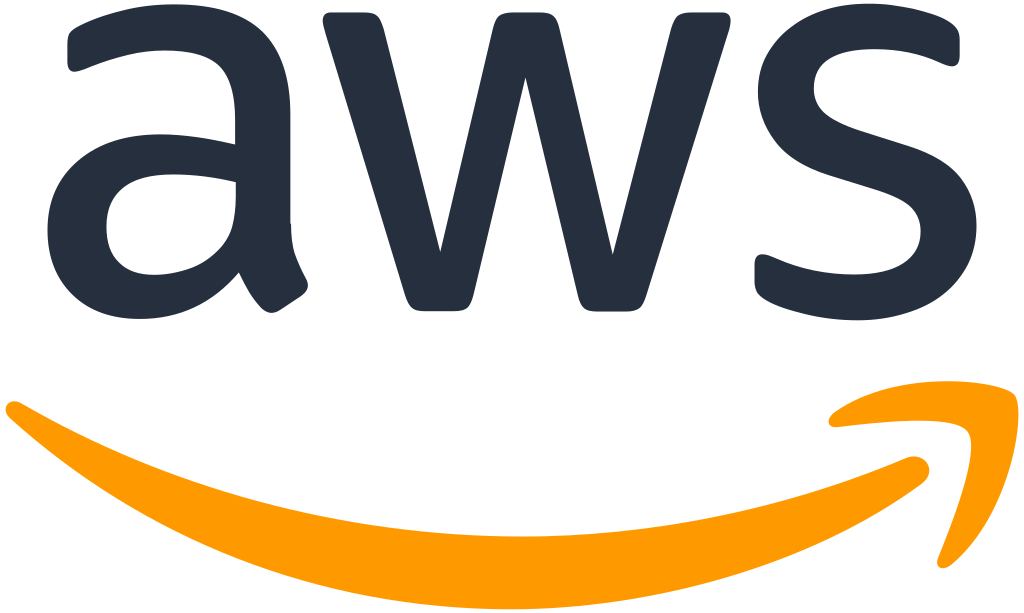
Puppet is used for configuring, deploying, and managing user servers. One of its most popular functionalities is its easy scalability and support of dynamic scaling on a need-only basis. This allows for easy changing of team and project sizes without compromising time or cost. Puppet can also handle hybrid infrastructure as needed. A large plus is that the tool automates and simplifies manual tasks.
21. Ansible

Ansible is an open-source community platform that connects the entire IT infrastructure to simplify the automation of continuous and complex deployments. It provides a simple automation language, facilitating the configuration of application deployment and workflow orchestration. It does this via an agentless architecture across the enterprise infrastructure by allowing flexible daily task automation.
22. Chef
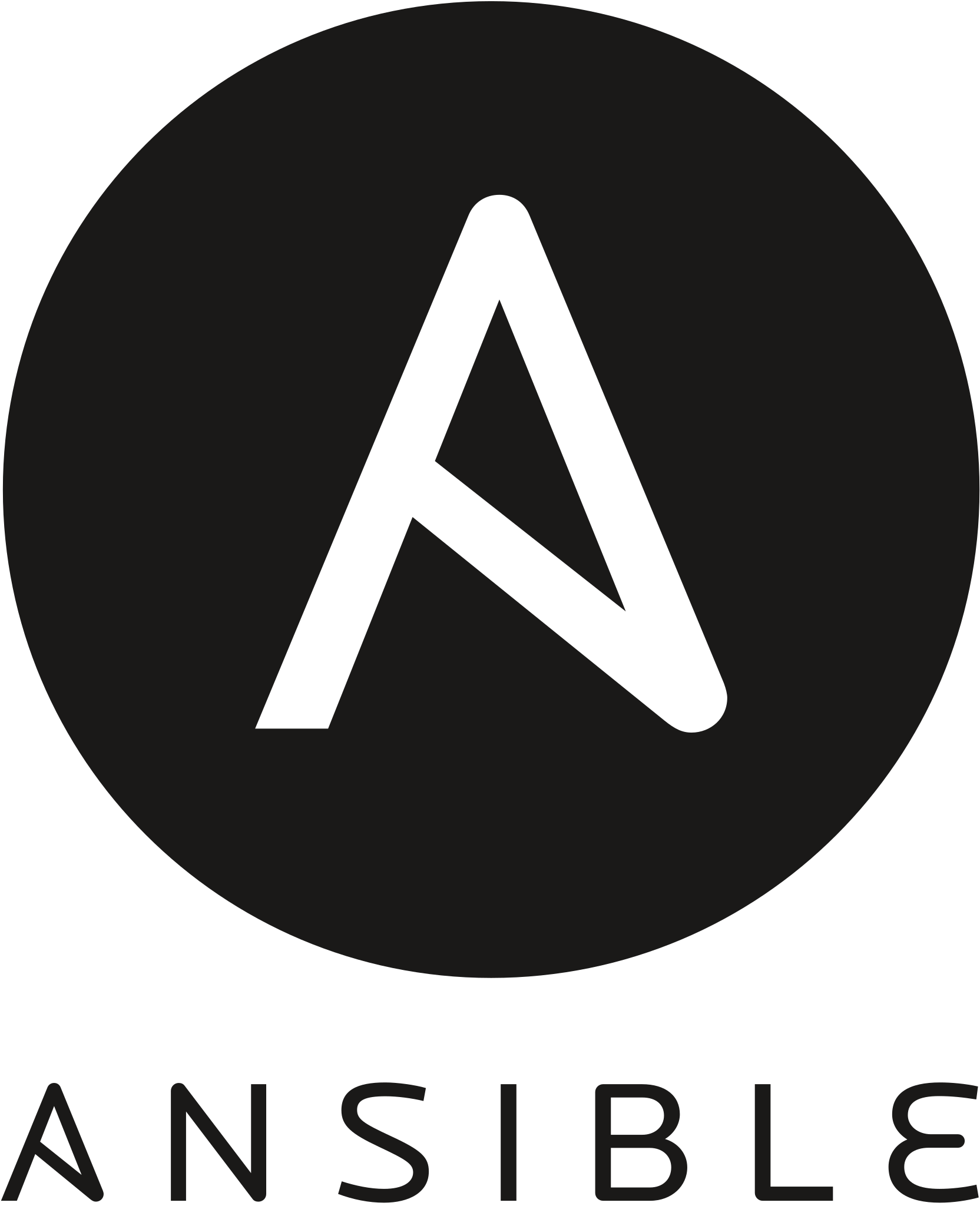
Chef’s primary goal is to effectively adopt a DevSecOps approach to deploy applications and maintain IT infrastructure with security by design principles. By defining security and compliance as human-readable code, Chef ensures that safety and authorization standards are upheld for easy auditing while supporting the flexibility of on-premise, cloud, and hybrid deployments to address business needs.
DevOps Monitoring Tools (Stage 8)
Lastly, monitoring tools track the performance, availability, and health of software applications and infrastructure once deployed. They provide insights into application performance, detect anomalies, and alert teams to potential issues.
23. New Relic
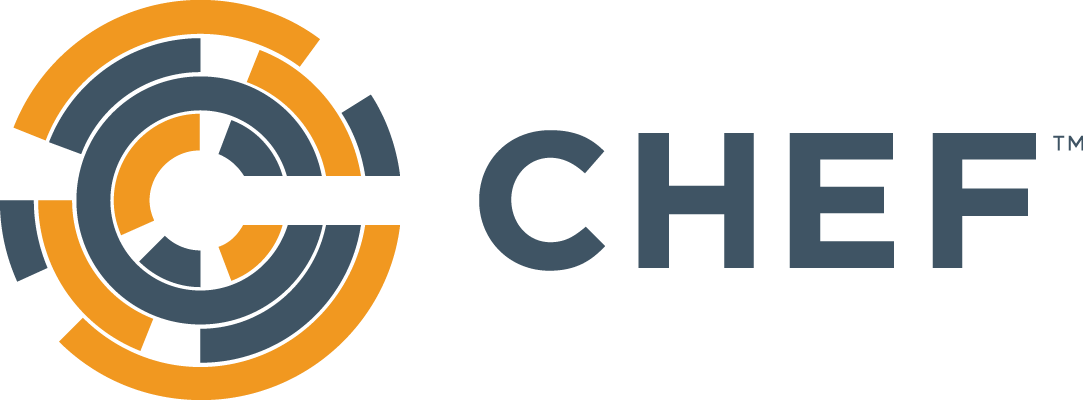
New Relic measures the performance and customer satisfaction of web applications. The application performance monitoring (APM) tool provides real-time data to the team so they can identify trends and make any necessary changes based on this data. New Relic supports end-to-end transaction tracing so teams can see where delays and errors occur in the process and fix them more quickly. A notable benefit for visual teams is the different color-coded graphs, charts, and trend reports that are generated from application monitoring.
24. Splunk

Splunk is a useful monitoring tool that translates machine data into more usable and accessible insights. It monitors the project infrastructure on all levels — from physical servers to cloud hosting. It has the ability to use machine learning for automatic prevention or fixing of certain errors, helped by the predictive alerting functionalities. Knowledge objects can also be made for operational intelligence projects, while accelerated innovation within the tool allows for modern applications and webfaces.
25. DataDog

Datadog summarizes metrics and events across the full stack of tools in the DevOps cycle. Users can trace requests from start to finish across distributed systems, track application performance with auto-generated service overviews, graph and alert on error rates or latency percentiles, and code using open source tracing libraries. They can also search, filter, and analyze logs for troubleshooting and open-ended data exploration, automatically collecting logs from all services, applications, and platforms. These observations can be summarized in dashboards with visibility across the teams to see how alerts are being distributed through notifications and addressed.
Honorable Mentions
Planning Tools:
- Smartsheet
- Airtable
- ClickUp
- Monday.com
Coding Tools:
- IntelliJ
- Microsoft Visual Studio
Build Tools:
- Bamboo
- SonarQube
- GitLab
- Codeship
Testing Tools:
- Selenium
- BrowserStack
- Tosca
- TestSuite
- JMeter
Deployment Tools:
- Vagrant
- GitLab
- BitRise
- AWS Cloud Formation
- BitBucket
- CircleCI
- Artifactory
Operation & Monitoring Tools:
- Sensu
- AppDynamics
- Prometheus
- Nagios
- GitHub
- GitLab
Collaboration Tools:
- Slack
- Apache Mesos
- Zoom
Enhance Your DevOps Pipeline with Inflectra
Inflectra’s suite of tools covers a variety of DevOps stages, integrating with your existing tools and processes to enhance — not replace. From SpiraTest and Rapise to SpiraPlan and TaraVault, you have a vast number of features and functionalities at your fingertips to optimize and monitor every stage of the pipeline with automation, analytics, AI, and collaboration tools. To learn more about what each platform is capable of and how it integrates with other tools, visit the links below:
- TaraVault for Git and Subversion
Get started with a free 30-day trial today!